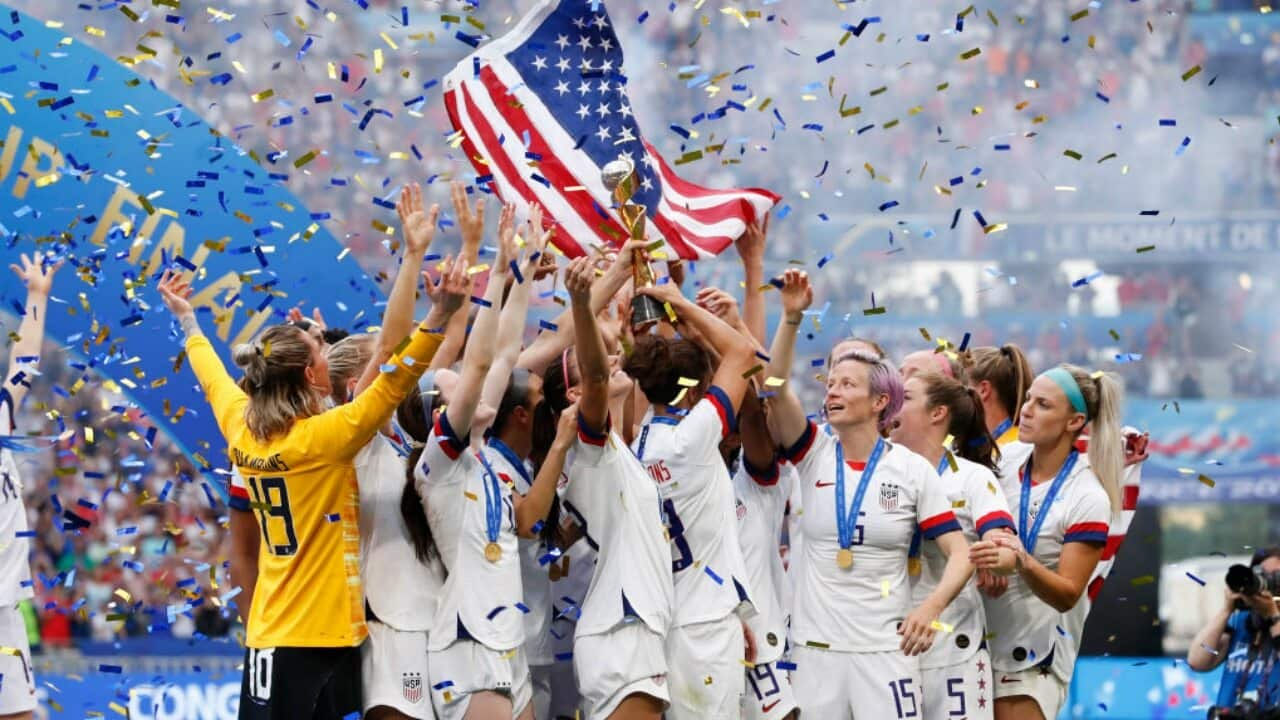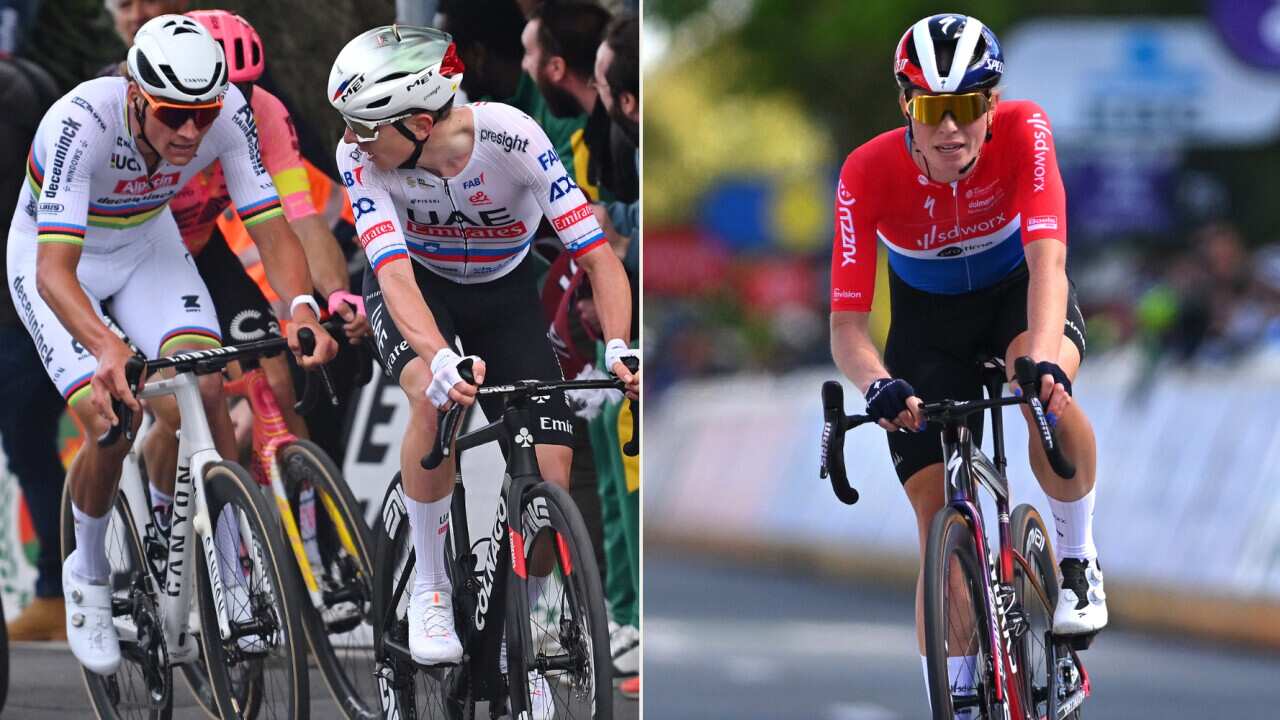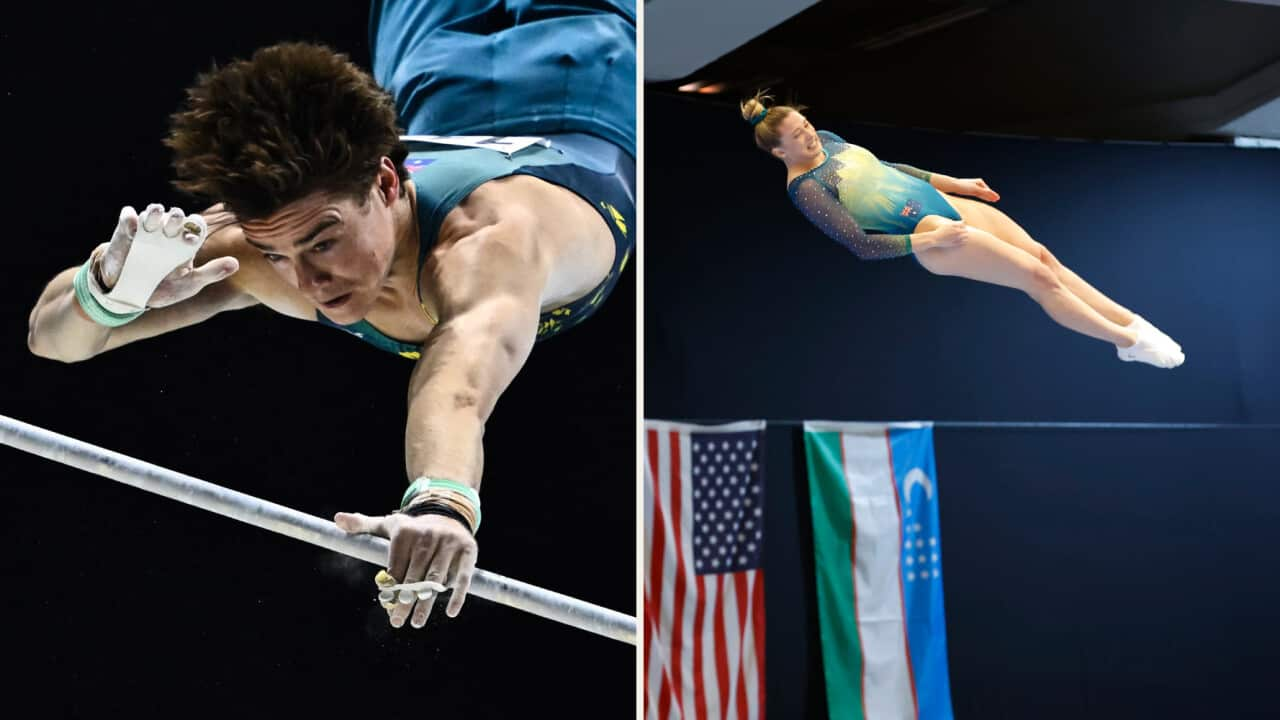On the eve of the Women’s World Cup final, an important conference was taking place in a plush Lyon hotel.
NGO Equal Playing Field had convened some of the top minds in sport for its “Equality Summit”, to consider how women’s football can capitalise on the success of the past month.
On the final panel of the day, moderator Tariq Panja – a New York Times journalist – posed a curly question.
“Does women’s football need to break away from FIFA?” asked Panja, eliciting a positive reaction from the crowd.
His distinguished panel, including Australian Moya Dodd (a former member of the FIFA Council), demurred – perhaps wishing to avoid the controversy that would surround a forthright answer.
“You have to build from the bottom up – you can’t do everything from a hill in Zurich,” Dodd observed.
But while the FIFA monolith overlooking Zurich may not be a panacea for the ills that continue to afflict women’s football, the governing body is hardly doing all it could to aid the game’s growth.
The 2019 Women’s World Cup has been a case in point.
For all the fanfare, for all the broken television records, for all the platitudes, FIFA still treats this like a second-rate tournament.
They don’t do so explicitly; FIFA suits know how to talk the talk.
But in a thousand ways – from a lack of outdoor promotion in host cities to scheduling three tournament finals on the same day – the gulf between the pinnacle of women’s and men’s football respectively remains vast.
For all its rhetoric about the rise of the female game, FIFA is failing to walk the walk.
The most visible indication is the ongoing row over prize money, the tip of the broader pay inequality iceberg.
FIFA President Gianni Infantino announced on Friday that the prize pot would double for the 2023 edition, from USD$30 million in 2019 to USD$60 million for the next tournament.
But with the men’s prize purse increasing from USD$400 million in 2018 to USD$440 million in 2022, Infantino’s gesture had a hollow ring to it.
“If you really care [about women’s football] – are you’re letting the gap grow?” United States star striker Megan Rapinoe asked rhetorically ahead of the final.
FIFPro, the international players’ union, have been a tireless advocate for women’s football.
“Is doubling the prize money at the World Cup necessarily the best way to grow the game?” asks FIFPro global policy officer Caitlin Fisher.
“Yes, no, maybe so. But what we have right now is an issue of gender discrimination.”
“Regardless of whether we think $400 million should be the prize money pot for both, the fact of the matter is that is where it was set for the men, and we need to establish equality.”
Fisher rejects the typical riposte that, because the Women’s World Cup brings in less revenue, it is therefore deserving of less prize money.
“We want equality in terms of the method of valuation being applied,” she argues. “The prize money for the men is not related to the value they generate – it is a nominal figure, 7% of FIFA revenue in a four year cycle.
“So for people saying the Women’s World Cup prize money needs to be aligned with the revenue it generates – that’s discrimination, because that’s not how the men are treated.”
Even if that revenue-generation argument was valid, it fails to account for the historic and ongoing discrimination against women – in football and society generally – and the need to proactively redress these wrongs.
FIFA’s shortcomings in the promotion of female football extend far beyond its four-yearly festival.
At the Equality Summit, Afghanistan’s women national team coach Kelly Lindsey spoke passionately about how the Asian Football Confederation and FIFA had failed her players when they reported sexual harassment and assault by football association officials.
“One of the biggest challenges is getting abusers out of sport,” says Minky Worden, director of global initiatives at Human Rights Watch
“If you expand women’s football without getting abusers out, you’re actually expanding the risk to women and girls.”
#MeToo is only just beginning to hit football.
In Iran, meanwhile, women are banned from attending football matches, even those sanctioned by FIFA, in a blatant violation of the commitment to equality under FIFA’s statutes.
“FIFA has known about this problem for decades,” continues Worden. “Iranian women have told them in writing.”
For the first time, last month Infantino wrote to Iran’s football association about the issue.
This came less than a year after the FIFA President attended a match in Iran, where female spectators who wished to attended were arrested outside the stadium.
“The fact that a single letter has been sent – saying that the promised reforms have not happened – is inadequate,” Worden says.
The disenfranchisement of women from watching and playing football, in Iran and elsewhere, may have deeper socio-political underpinnings.
But that is no excuse.
“We might not be able to change stigma and cultural issues in countries overnight, but we can change the culture of football,” declares Fisher. “That can then have a ripple effect.”
Breaking away from FIFA may be a radical idea, and there are signs the governing body is beginning to take it stewardship of the women’s game more seriously.
But Panja’s question in Lyon provides much food for thought.
The 2019 Women’s World Cup has been a grand spectacle, providing an ideal platform for all stakeholders large and small to build upon.
In four years’ time, there will be another opportunity to take stock of FIFA’s progress towards sporting equality.
If rapid strides are not made in the coming 48 months, it might be time to ask more seriously – is women’s football better off without FIFA?
Otherwise, there is a risk that the voices advocating for women’s football will remain silenced.
“There’s an arm wrestle going on in the game,” reflected Dodd, a former Matildas vice-captain, “and we don’t have an arm in that wrestle.”










